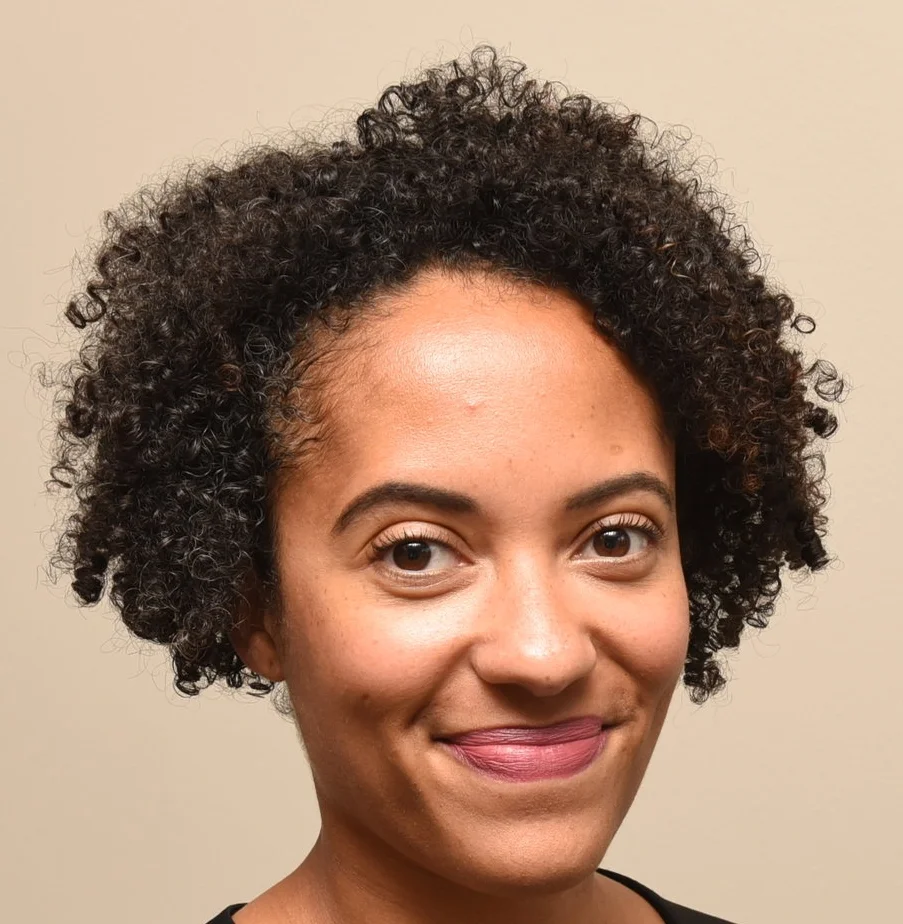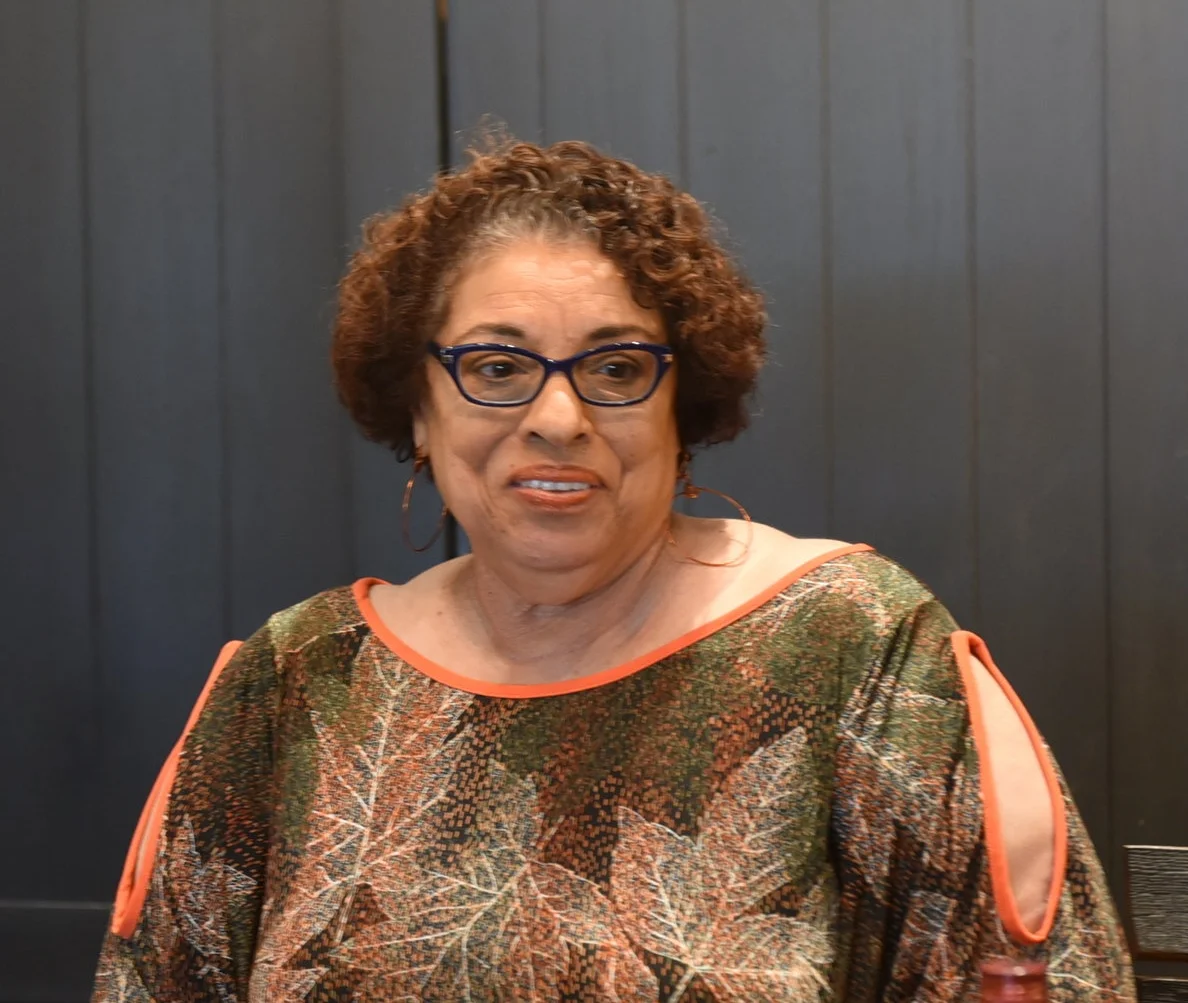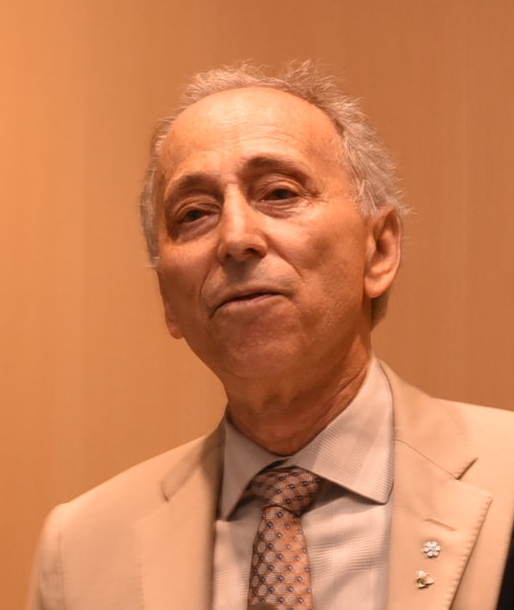Brilliant young lawyer shining at Falconers
September 14, 2018
It was while articling at the province’s central litigation and advisory office five years ago that Akosua Matthews became aware of Julian Falconer and his law firm that specializes in civil, constitutional and criminal litigation with an emphasis on state accountability.
“His name was on a number of claims against the government,” she recalled. “I took note of counsel who came on the other side and used that as part of my job hunting because I wanted to see who was out there doing this type of work from either side.”
The product of a Jamaican father and Polish mother, Falconer has built a reputation arguing racism, human rights and public interest issues.
The Law Society of Upper Canada Bencher represented the Urban Alliance on Race Relations before the Court of Appeal in the Dee Brown (a former Toronto Raptors basketball player) case which ultimately led to the Ontario Court of Appeal recognizing for the first time racial profiling as a legitimate and valid defense for racial minority communities.
Falconer also chaired the Toronto District School Board-appointed independent inquiry following the May 2007 fatal shooting of C.W. Jefferys student Jordan Manners.
Straight out of articling, Matthews joined Falconers LLP as a litigation associate and, in the first three months, visited nearly 15 First Nations communities in northwest Ontario. Of Metis descent on her father’s side, she grew up in Winnipeg where there’s a large and visible indigenous community.
“Once you are familiar with people in their communities, it becomes easier to advocate on their behalf,” she said. “Had I not started my legal career that way, I don’t know if I would be doing this type of work. It’s just one of those things where the stars aligned.”
Working for Falconers LLP, noted 32-year-old Mathews, is a huge honour.
“There aren’t many firms like Falconers that do the kind of work they do,” she said. “The biggest thing that Julian has taught me is that we can be creative with the law. In areas like indigenous law where every case is groundbreaking and precedent setting, you need lawyers that are creative and willing to think outside the box. So the opportunity to learn from a lawyer like him so early in my career is a huge honour and advantage. It has definitely expanded the way I think of a legal career and practice.”
Active on cases that address critical social justice issues for Canada’s indigenous people, Matthews is co-counsel for the Nishnawbe Aski Nation on the First Nations Child and Family Caring Society of Canada v. Attorney General of Canada case that’s before the Canadian Human Rights Tribunal.
The tribunal ruled in January 2016 that Ottawa discriminated against First Nations children by underfunding child welfare services and ordered Canada to immediately overhaul the system and increase funding.
Matthews collaborated with the Nishnawbe Aski Nation to help craft community-focussed solutions that address the unique challenges facing remote and northern First Nations communities.
With the support of the Assembly of First Nations, Cindy Blackstock – a First Nations children advocate -- filed a human rights complaint in 2007 that led to the landmark ruling two years ago.
Matthews was beginning undergraduate studies at the University of Manitoba when the grievance was filed.
“To have the tenacity and strength to see this case to the end and still be a reasonable person comporting yourself properly in the public eye are things that make me look up to Cindy,” she said. “It has shown me that patience is a virtue and determination is crucial. This case stands out for me because right now it’s getting a serious amount of federal attention and money. I just happen to be at the right firm with the right client at the right time and was able to get things done for our clients that have long not been possible. I am very fortunate to have that experience so early in my career.”
The work Matthews has done in this landmark case caught the attention of voters who selected her one of Canadian Lawyer’s Magazine Top 25 Most Influential Lawyers in the Young Influencers category.
She said the honour provides an incredible opportunity to showcase work that generally doesn’t get the profile and recognition it deserves.
“I work for indigenous clients and there are a number of groundbreaking and exciting issues going on in indigenous law,” she said. “One of those areas is child welfare that happens to be a file that I work on.”
Dana Gregoire, an associate at Fasken, nominated Matthews whose younger brother -- Kweku Matthews -- recently graduated from law school in England.
“I met Akosua at a youth parliament in Manitoba in 2002,” he said. “I was part of the volunteer cabinet and she was a backbencher attending for the first time. As it happened, she took ill and was left with a raspy voice for almost the entire session. Over the next few months, she found her voice and we found someone we knew could be a leader for the organization. We encouraged her to become more involved and before long she was selected by her peers to become a board member. I have had the privilege of supporting her through other opportunities at the student union council and now in the legal profession. She is brilliant and successful, so it’s no surprise to me that once again, her peers have chosen to bestow her with an award that recognizes her contributions.”
Called to the bar in 2013, Anthony Morgan was a work colleague of Matthews for two years at Falconers LLP.
“Akosua is a hardworking and brilliant lawyer,” said Morgan who last month joined the City of Toronto’s confronting anti-black racism unit as a community development officer. “She has legal skills, instincts and experience that are beyond her years of practice.”
The eldest of two children, Matthews has been arguing from a very young age, much to her parents chagrin.
Introduced to the political system and different branches of government in junior high school, she considered law as a viable career after taking an ‘Introduction to Law’ class in Grade 12.
“I have always thought that being able to use your voice and language is really powerful and impactful,” Matthews said. “I was always interested in going to law school, but I wasn’t sure if I would make it as I knew the stakes were high. I had other options if law didn’t work out. So far, it has been a very rewarding career.”
Far too often, stories emerge of teachers and guidance counsellors strongly encouraging Black students to pursue applied, rather than academic, courses.
Matthews was fortunate in that she had teachers who motivated and engaged her.
“My sixth grade teacher was the first to figure out I was bored in class and he recommended I be placed in an enrichment class in Grade seven,” the former Manitoba policy analyst said. “I often think what would have happened if this teacher hadn’t identified me at an early stage and set me on that path. There was a high school teacher that taught me law and set me on this course and my philosophy professor (Dr. Carl Matheson) told me I have a brain and I could go very far.”
Matheson also supported Matthews’ Rhodes Scholar application.
In 2010, she completed a Master of Philosophy in comparative social policy at the University of Oxford in England. As the vice-president (graduate), she organized high profile speakers to go to Oxford and speak about women in politics, co-ordinated a study trip to the British parliament and co-founded the Rhodes Women’s Network.
Though different, she said the experience was quite fulfilling.
“Growing up, the only Rhodes Scholar I knew was Bill Clinton, so I never thought that I would be in the same company,” Matthews said. “The two years I spent at Oxford was unlike anything I had ever experienced. It was like living on a Harry Potter set because people are in funny gowns. You wear gowns when you take exams and at dinners. Never before then had I been to a university that’s so steeped in history and tradition. Because Oxford is an international university, I met people from diverse backgrounds. The experience expanded my horizon and helped me figure out what it means to be Canadian. It also gave me a significant education that I was able to build on. That degree has become just as significant as my law degree in that a lot of what I do right now is on the intersection between law and social policy.”
Born in Edmonton, Matthews spent her early childhood in South Africa and Ghana where her father -- Robert Matthews – was contracted as a geologist. The family returned to Edmonton two years later before moving to Winnipeg in 1990 just in time for her to start grade school.
She credits her mother, Cynthia Matthews, for inspiring her children to pursue higher education.
“Our mom is an immigrant who was trained as a teacher in Ghana, but was unable to act as one in Canada because of credentials,” said Matthews who is married to Dr. Dale Wiebe who is a physician and the addiction medicine education co-ordinator at the Centre for Addiction & Mental Health. “She always told me and my brother that it was important for us to secure a solid education because that’s the one thing that can’t be taken away from you.”
A talented trumpeter and bugler, Matthews – who spent seven years with the Canadian Armed Forces as a reservist with the Royal Winnipeg Rifles Regiment before entering law school at the University of Toronto – also has a passion for photography.
“I find it very interesting that photographs play such a key role in ensuring that we keep alive certain memories and historical events,” she added. “I take my camera with me when I visit First Nations reserves to capture images. For me, it’s a way of bridging a gap and bringing people together.”
Despite a very taxing work schedule, Matthews finds time to volunteer with the YMCA of Greater Toronto as the youngest ever elected board member and the Regent Park Community Health Centre of which she’s the vice-president.






